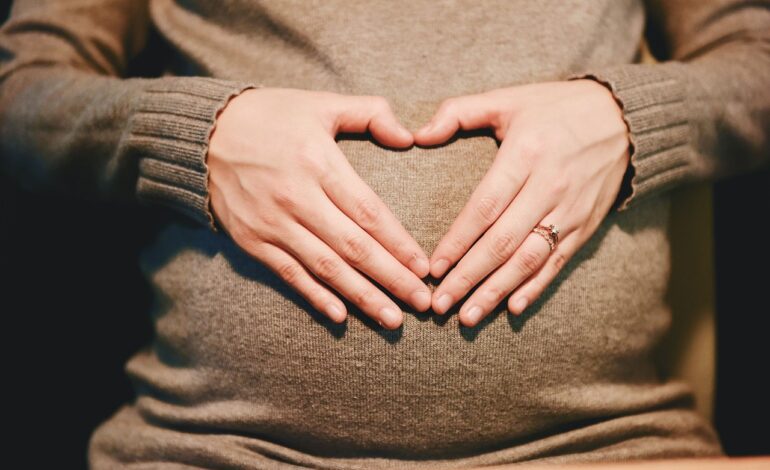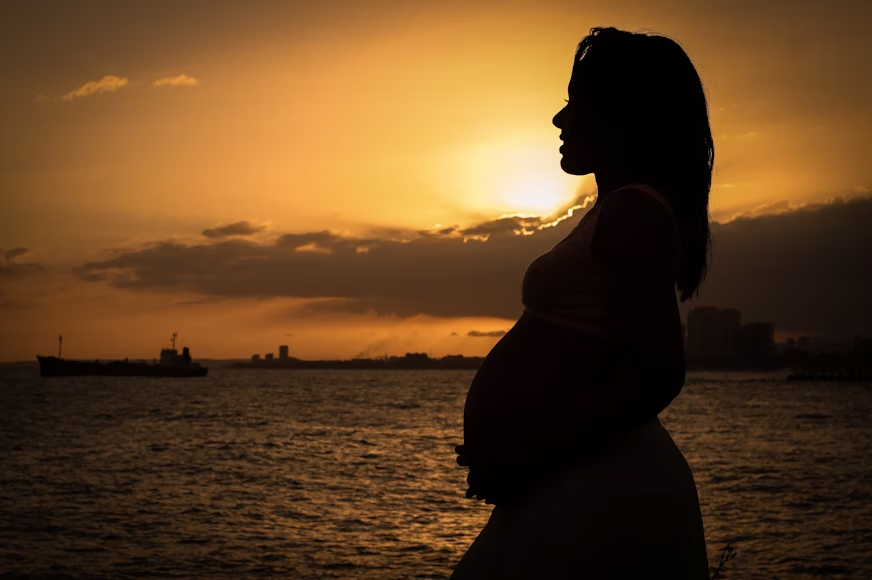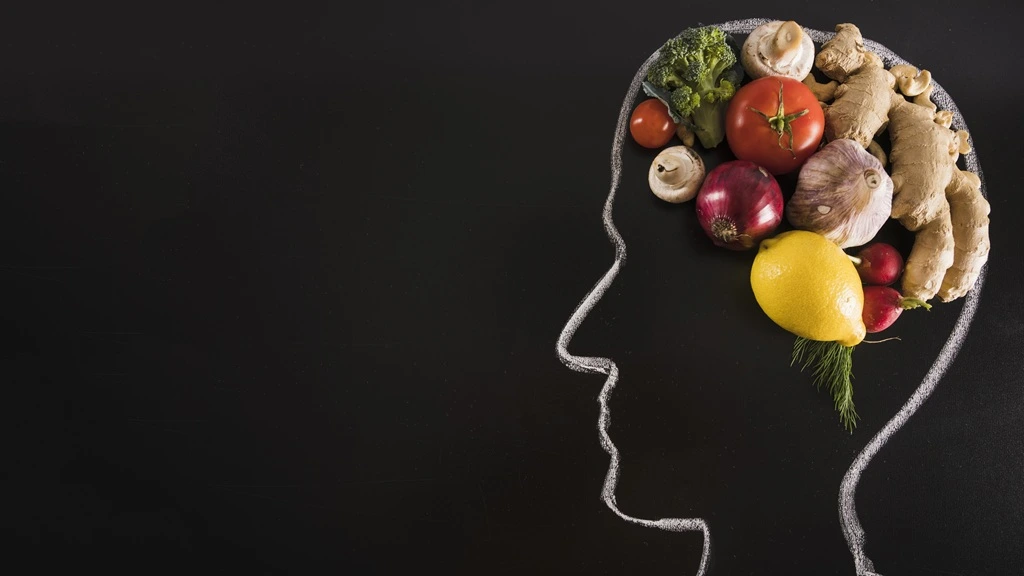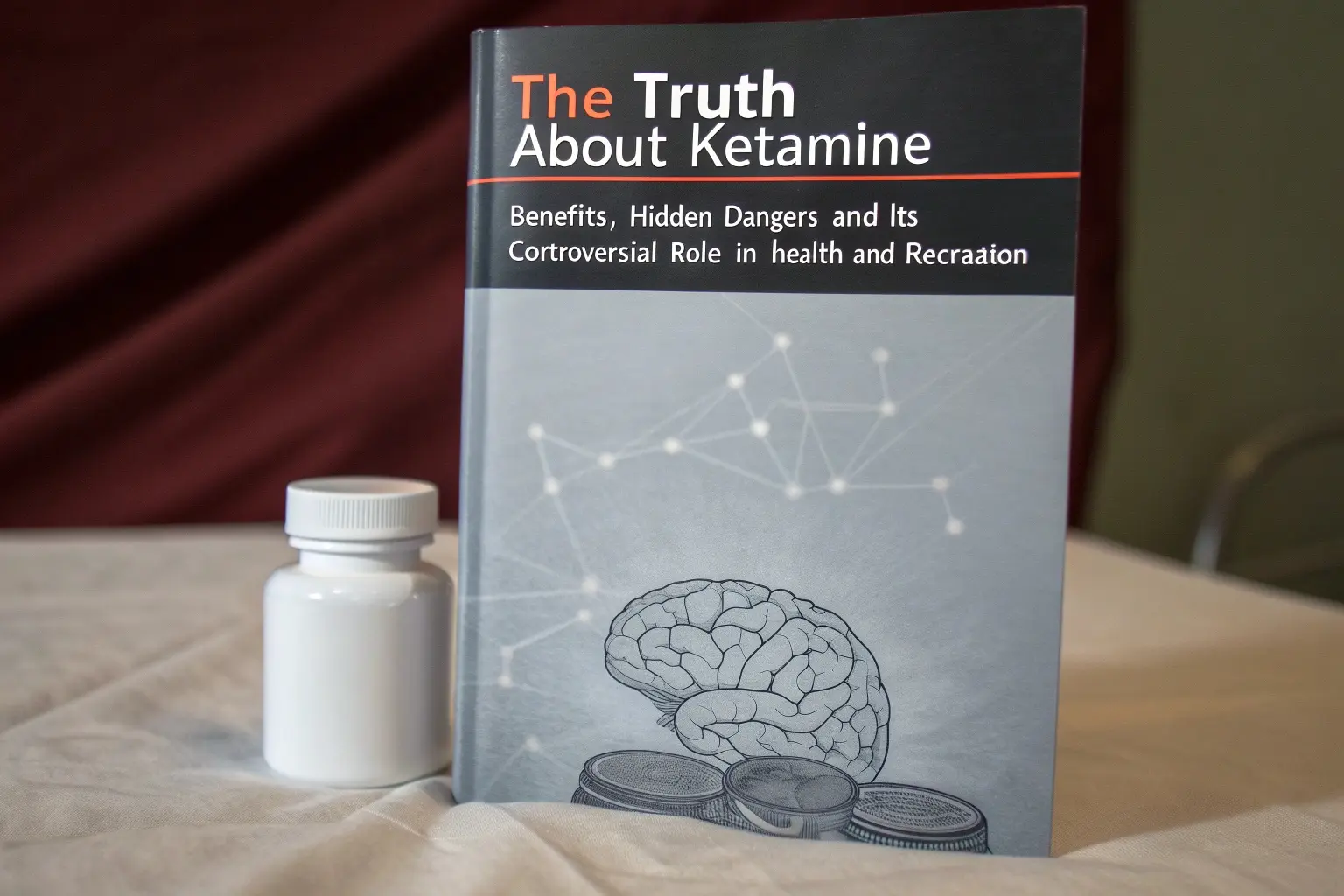Hypertension and Pregnancy: What Every Woman Deserves to Know Before It’s Too Late
Let me start with this: You don’t have to be “unhealthy” to develop high blood pressure during pregnancy. You can be fit, young, and feeling fine — and still hear

Let me start with this: You don’t have to be “unhealthy” to develop high blood pressure during pregnancy.
You can be fit, young, and feeling fine — and still hear your doctor say, “We’re watching your numbers. This could be serious.”
That’s what makes hypertension in pregnancy so dangerous. It often shows up quietly, without warning. And for too many women — especially Black and Brown women — it’s not caught in time.
This isn’t just about numbers. It’s about how we’re treated, what we’re told, and who is believed when they say something doesn’t feel right.
What Is Hypertension During Pregnancy?
Hypertension (high blood pressure) during pregnancy affects 1 in 12 to 17 pregnancies in the U.S. and falls into a few different categories:
- Chronic Hypertension: High blood pressure diagnosed before pregnancy or before 20 weeks
- Gestational Hypertension: Develops after 20 weeks without signs of organ damage
- Preeclampsia: High blood pressure with damage to organs like the liver or kidneys — this can quickly become life-threatening
- Eclampsia: A rare but dangerous complication of preeclampsia, involving seizures
The condition doesn’t always come with obvious symptoms. In some cases, women feel completely fine — even glowing — until a routine check-up reveals a spike in blood pressure.
And that’s where things can get serious. Fast.
You should know how to reduce the risk of autism during pregnancy

Why Black Women Are at Higher Risk — And What’s Not Being Said
As someone who’s written about health for years, I’ve seen this data too many times:
Black women are three to four times more likely to die from pregnancy-related complications than white women in the U.S.
That statistic doesn’t exist in a vacuum. It reflects a combination of systemic bias, inadequate prenatal care, stress, lack of cultural competency in healthcare, and delayed diagnoses — especially when it comes to conditions like hypertension. Many of these complications can present subtly, which is why recognizing preeclampsia symptoms early is so critical.
In simple terms: Black women are more likely to develop high blood pressure in pregnancy — and less likely to be heard when they say something is wrong.
That should outrage all of us. And it should move us to action.
What Every Pregnant Woman (and Her Partner) Should Watch For
Even if you’ve never had high blood pressure before, pregnancy changes everything — your hormones, blood volume, organ function. That’s why monitoring is essential, especially in the second and third trimesters.
Here are key symptoms to be aware of:
- Headaches that won’t go away
- Changes in vision (blurred, flashing lights)
- Sudden swelling in hands, feet, or face
- Pain in the upper right abdomen
- Shortness of breath
- Rapid weight gain in a short period
- Elevated blood pressure readings (above 140/90)
You don’t have to panic over every ache — but you do need to track and speak up.
Read About: Heart Disease Doesn’t Treat Us All the Same — Here’s What I’ve Learned as a Mixed Black Woman
Pro tip:
Home blood pressure cuffs are affordable and empowering. If you’re pregnant or planning to be, get one and learn your normal. Advocate for your care early.
The Emotional Weight of Being “High Risk”
Even when the condition is managed, the emotional toll is real. I’ve listened to friends and readers describe the mental burden of “waiting for something to go wrong.”
- The anxiety at every appointment
- The fear of early delivery
- The quiet guilt for not having a “perfect” pregnancy
- The sense of being invisible in a healthcare system that often doesn’t listen
This is why support systems — trusted providers, doulas, educated partners — matter as much as medicine. Emotional safety is part of maternal health, too.
What Steps Can Improve Hypertension Care During Pregnancy?
As someone who cares deeply about women’s health, especially in urban communities often overlooked by traditional healthcare systems, here’s what I believe:
We need better prenatal education.
Hypertension should be part of every prenatal class, not just a footnote for “at-risk” patients.
We need culturally competent providers.
Women of color deserve care that respects their concerns, recognizes their risks, and doesn’t downplay symptoms.
We need more voices speaking up.
The more we talk about conditions like preeclampsia and gestational hypertension, the more we normalize advocacy as part of prenatal care.
We need each other.
Whether you’re pregnant now or supporting someone who is, remember: silence is not strength. Ask the hard questions. Listen without judgment. Show up.
Why Awareness of Hypertension in Pregnancy Is Crucial for Every Woman
Hypertension during pregnancy isn’t rare. It isn’t always obvious. And it isn’t something we can afford to ignore — especially when lives are at stake. Recognizing and managing high blood pressure in pregnancy early can make a life-saving difference for both mother and baby.
If you or someone you love is expecting, don’t wait for a crisis to start paying attention. Learn what’s normal. Know the signs. Trust your gut.
Because every woman deserves to carry her baby with confidence — and make it safely to the other side.
With care and clarity,








